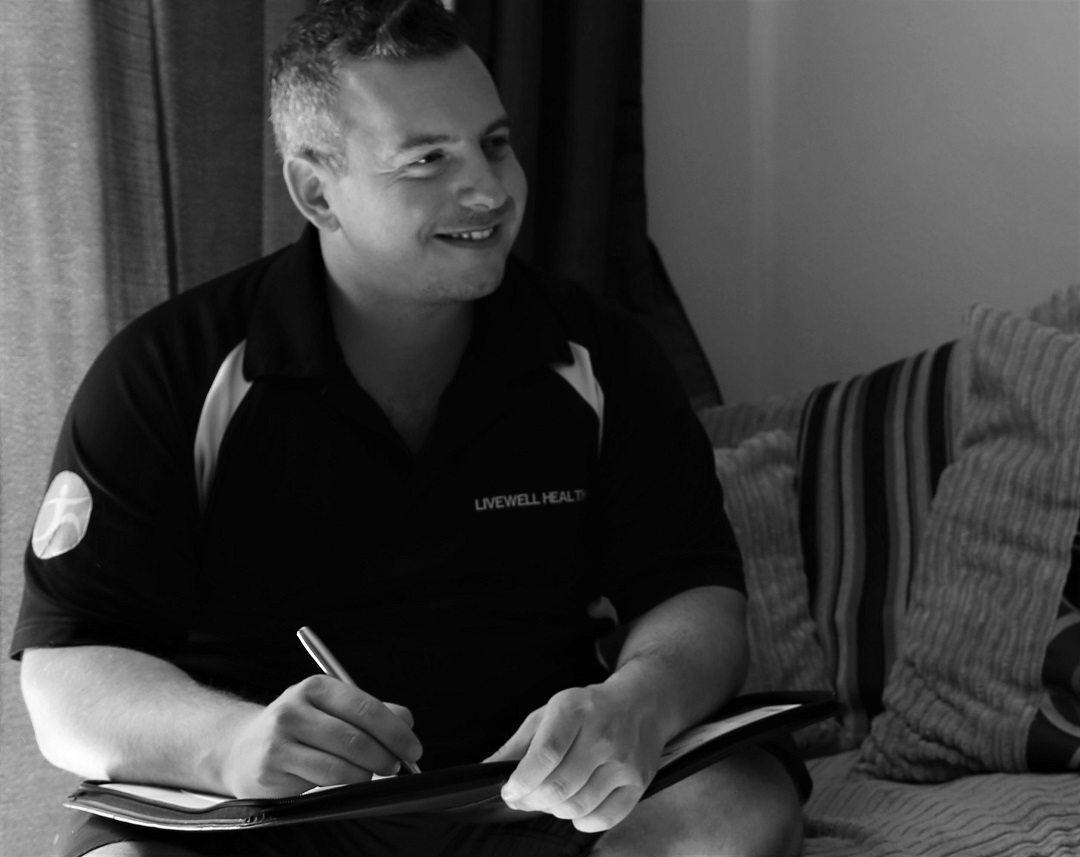How Stress and Mental Health Affect Back Pain
Back pain is one of the most common health complaints, affecting millions of people each year. While physical factors such as poor posture, injury, or prolonged sitting are often blamed, the connection between stress, mental health, and back pain is frequently overlooked. Emerging research shows that emotional well-being and psychological stress can significantly influence the onset, intensity, and duration of back pain.
The Link Between Stress and Back Pain
Stress triggers a cascade of physiological responses in the body, often referred to as the “fight or flight” reaction. When stressed, the body releases hormones such as cortisol and adrenaline, preparing muscles for action. However, chronic stress can cause prolonged muscle tension, particularly in the neck, shoulders, and back. Over time, this tension can lead to discomfort, stiffness, and pain.
Additionally, stress can alter your perception of pain. When the mind is overwhelmed, the body’s pain threshold may decrease, making mild discomfort feel more severe. This can create a cycle where stress exacerbates pain, and pain contributes to further stress, leading to a persistent issue that becomes difficult to manage.
Mental Health and Chronic Back Pain
Mental health conditions such as anxiety and depression can also play a significant role in chronic back pain. These conditions can affect how the brain processes pain signals, potentially amplifying the sensation of discomfort. Studies have found that individuals experiencing depression are more likely to report back pain, and those with chronic back pain are at a higher risk of developing depression or anxiety.
Mental health challenges can also contribute to lifestyle changes that worsen back pain. For example, someone experiencing low mood may avoid physical activity, leading to muscle weakness and reduced flexibility. Similarly, sleep disturbances caused by anxiety or stress can impair the body’s ability to heal and recover, prolonging pain symptoms.
Breaking the Cycle: Addressing Stress and Mental Health
Understanding the connection between mental health and back pain is crucial for effective treatment. Addressing both physical and emotional factors can help break the cycle of pain and stress.
- Stress Management Techniques:
Incorporating stress-reducing practices such as mindfulness, meditation, and deep breathing exercises can help calm the mind and release muscle tension. Regular yoga or stretching routines can also promote relaxation and improve posture. - Physical Activity:
Exercise is a natural stress reliever and can strengthen the muscles supporting the spine. Low-impact activities like walking, swimming, or Pilates are excellent choices for individuals dealing with back pain. - Therapeutic Support:
Cognitive behavioural therapy (CBT) and counselling can help individuals address the emotional and psychological factors contributing to their pain. Therapy can teach coping strategies and provide tools to manage stress more effectively. - Holistic Treatments:
Techniques such as massage therapy, acupuncture, and physiotherapy can alleviate physical tension while promoting relaxation and well-being. - Adequate Rest and Recovery:
Prioritising good sleep hygiene and ensuring sufficient rest can help the body recover and reduce the overall impact of stress.
Prevention and Long-Term Care
To prevent back pain linked to stress and mental health, it’s important to take a proactive approach. Create a balanced routine that includes regular exercise, a healthy diet, and time for relaxation. Seek professional help if you notice persistent stress or mood changes affecting your daily life.
By addressing both the physical and emotional aspects of back pain, you can break the pain-stress cycle and improve your overall well-being. Remember, taking care of your mental health is just as important as addressing physical discomfort—your mind and body work together, and a holistic approach is key to long-term relief.


